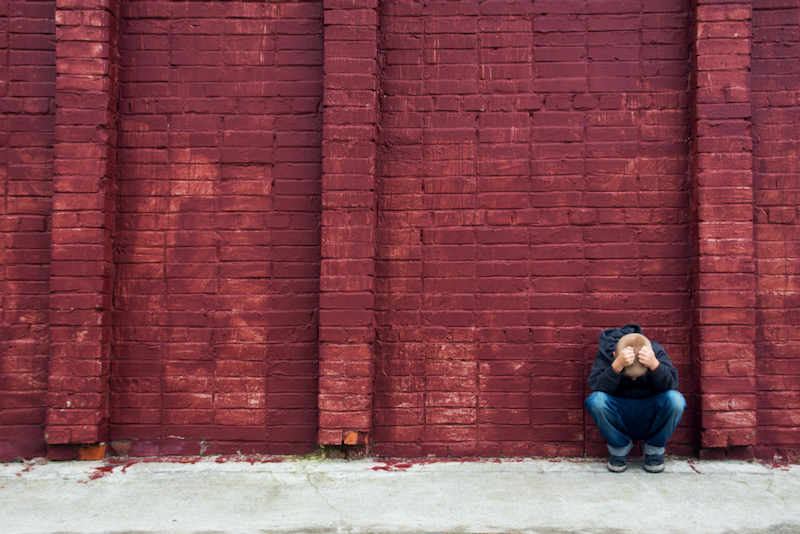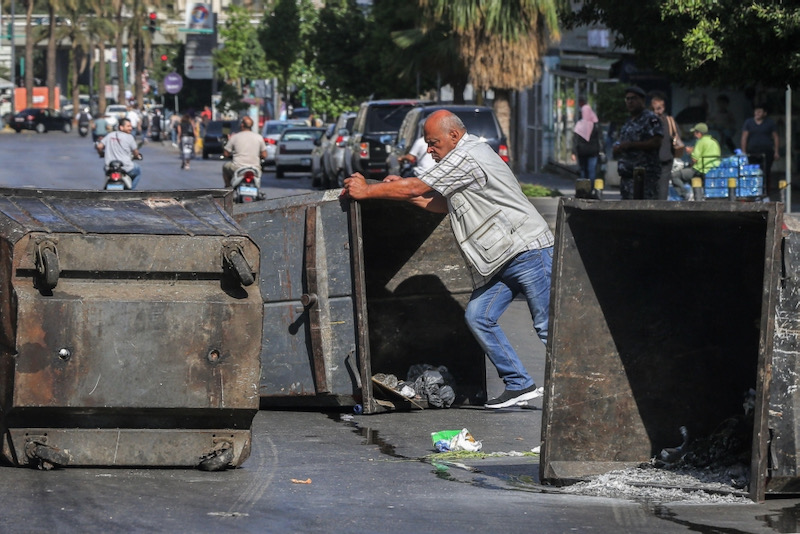Severe fuel, medicine, electricity, and food shortages have been wreaking havoc on daily life in Lebanon, as the country’s deep political crisis has precipitated a national economic collapse.
Prospects for the visit that Pope Francis has said he would dearly like to make to the country appear to be receding by the day. Over the last fortnight, citizens have faced two-hour long queues and rationing at gas stations, hospital and pharmacy strikes over medicine shortages, frequent electricity blackouts, all alongside complete inaction from the country’s leaders.
In late 2019, as the beginnings of an economic downturn appeared in the small Middle Eastern nation, thousands of people protested in an uprising against the country’s ruling elite; who for decades siphoned off state funds and racked up debts amid a culture of impunity and corruption.
Now the country’s grave political and economic crisis has resulted in the Central Bank struggling to subsidise imports of fuel, medicine, food, and other essential goods, with its US dollar reserves running dry.
Government ministers have admitted for months the subsidy scheme can no longer be supported, but no alternative has materialised, with the result that over half of Lebanon’s six million people are now in poverty and suffering from food insecurity.
Abou Rami, a 61-year-old shopkeeper in Basta, a traditional working-class neighbourhood in Beirut, told The Tablet he can no longer afford to buy meat and struggles to pay for his sick daughter’s medicine.
The Lebanese pound has lost 90 per cent of its value against the US dollar, with food prices now five times higher than in 2019.
Abou Rami said life in Lebanon today was harder than anything in his lifetime, even during the country’s 1975-1990 civil war. “It is so hard. I am hopeless, I am going to cry,” he said, sitting inside his shop with the lights off, as one of the country’s now almost hourly power cuts struck.
The crisis has been aggravated by a stalemate among the country’s political class, with the confessional power-sharing system between a Maronite Christian President and Sunni Muslim Prime Minister – currently Michel Aoun and Hassan Diab in a caretaker capacity – simply proving unfit for purpose.
After the explosion in the port of Beirut last summer that devastated the capital city, Diab’s government resigned and former prime minister Saad Hariri returned. But Hariri’s cabinet formation efforts have been blighted by squabbling between Hariri and Aoun, who has been pushing for veto power in cabinet for his Christian party, the Free Patriotic Movement.
For ten months the country, which has the highest ratio of Christians in the Arab world, has been left without a fully functioning government.
A damning World Bank report from earlier this month ranked the economic crisis as possibly one of the top three most severe crises globally since the mid-nineteenth century.
Despite the urgency of the situation, the country’s political and religious leaders remain unable to present a rescue plan, abandoning a population to sink further into the abyss.
Abou Rami spoke for many when he concluded: “I am tired, I don’t have hope anymore.”
Attachments area



 Loading ...
Loading ...